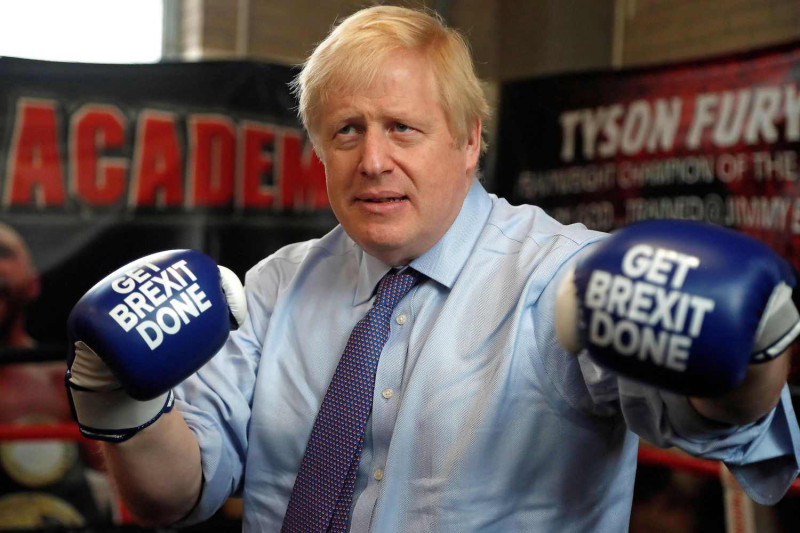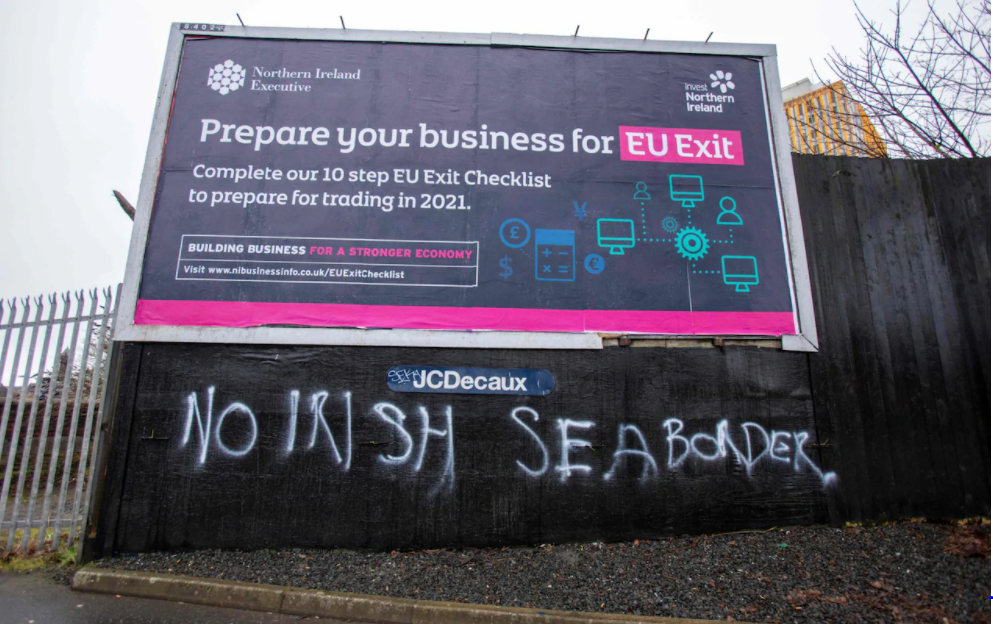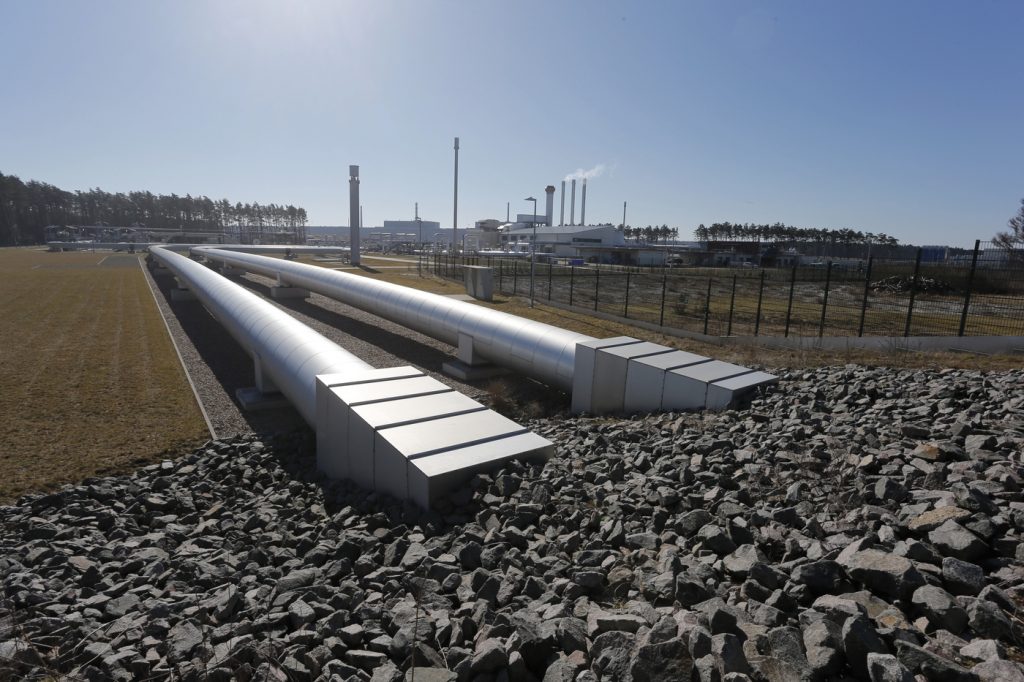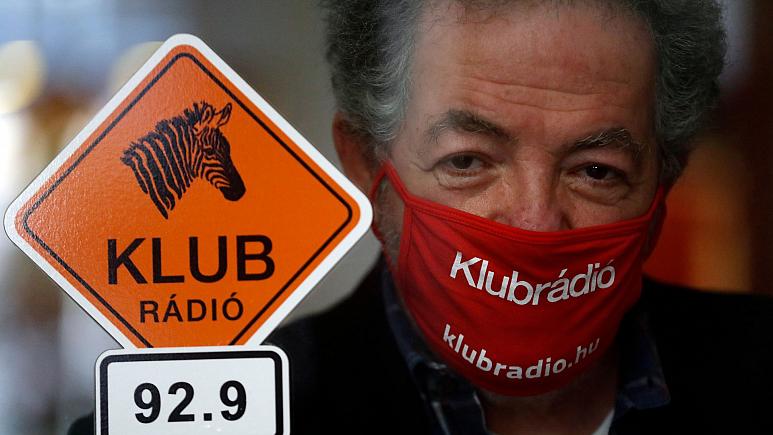Think-tanker Ádám Bartha was the latest guest of the CEA Talk podcast. He discussed Brexit and its consequences, the relations between Brussels and Washington, and the chances of the Hungarian opposition at the upcoming parliamentary election.
Host: Zoltán Kész
A lot of things in the UK are about Brexit these days, as the first difficulties are starting to surface. Ádám Bartha, the Director of Epicenter, argues that the historic rupture between the UK and the EU is negative for both sides: “Brexit is a loss for the UK and a special loss for the European Union.”
On the short-term, Mr Bartha is pessimistic regarding the UK, because “the country will see some increased pain.” Due to the post-Brexit rules, the trade between the UK and the EU has dropped massively and this situation has further been aggravated by the ongoing Covid crisis.
A personal anecdote reveals the absurdity of the new rules. “I have had goods stuck at the border for weeks and should pay 100 GBP of taxes on goods that cost less than 200 GBP,” he explains.

Photo credit: Frank Augstein, POOL, AFP via Getty Images
On the other hand, the long-term consequences are still too early to determine. A lot depends on what kind of domestic policies will be implemented and how the British parliament can handle the post-Brexit era.
The analyst, however, sees some “good signs” like the British government’s attitude on global trade and the way it is pursuing agreements with third parties. He also welcomes the planned domestic regulatory reform.
Despite the pros and cons, leaving the single biggest free trade area will have a rather negative effect. “It will be difficult to balance all this, but they will have to try,” Mr Bartha says.
Northern Ireland as a political game
The Northern Ireland border misery is a mix of political, economic, sociological and security concerns. “It’s a very touchy issue,” he claims.
The analyst thinks the EU has made a massive mistake by wanting to trigger Article 16 of the Northern Ireland protocol. Brexit has massive impact on the topic and it will not be resolved in the next couple of years. The long-term future of Northern Ireland is “difficult to predict”.

Neither the border debate nor the question of the Scottish independence seem to play a “massive role” for the vast majority of the British public. “The political elites are trying to use these issues to further execute their political agenda,” Mr Bartha argues.
EU-US: Back to normal with Washington?
Europeans have followed the leadership change in the White House with a special focus. Many of them would like to see a reset of the EU-US relations and return to normal.
The analyst shows a more cautious stance in this regard. “We should pursue something different than returning to normal,” he says. There were strategic drifts between the EU and US foreign policies under the Obama administration too. “This is going to remain the case even with Joe Biden as president”.
A major topic of discussion will be Russia, as Germany represents a different approach than the American attitude with the debate regarding Nord Stream remaining a “tricky one”.

Photo credit: nord-stream.com
NATO contributions could pose another problematic issue between the two sides of the Atlantic. With the Trump presidency, Americans have realized that the US has been subsidizing the military affairs of Europe for a long time.
Due to the efforts by the Trump administration, the European governments managed to increase theirs shares of military spending. “Whether this is going to continue, is up for grabs,” Mr Bartha claims.
Much more likely is an agreement between the EU and the US regarding climate change. The United State’s rejoining of the Paris Agreement is a clear indicator for the approaching positions.
Strategic drifts will continue on different levels: foreign policy, economy, free trade agreements and taxation. New taxes imposed on US tech giants could create a new division line between Washington and Brussels. “Trump has been protective with these companies, most probably this won’t change with the Biden administration,” Mr Bartha says.
US-Hungary relations
Whether the US will take a U-turn in its attitude towards Hungary remains to be seen. During the Trump presidency, the Hungarian prime minister had the White House ‘on his side’, but the friendly moments are most probably over.
Still, the foreign policy of the USA is mainly determined by economic interests and geopolitical strategic goals. “If Orbán is an unreliable NATO partner, there will be pressure,” he claims.

Photo credit: Attila Kisbenedek, AFP via Getty Images
However, as long as Hungary is a semi-reliable member of NATO and continues buying US helicopters and GER tanks, “this issue will not be as strong as many are hoping“. Orbán has been clever on realpolitik.
Lessons learnt from Poland
It will be a “tremendously difficult task” that the opposition parties join forces ahead of next year’s parliamentary election, but it’s “the only way forward.”
The opposition leaders have learnt from the Polish experience and the last municipal elections. “You can’t have 7-8 political parties but one united opposition,” Mr Bartha argues.
It’s a “positive decision” to provide a united front against Viktor Orbán. Opposition party leaders have realized this is their only chance to win the elections and what unites them is “the strong opposition against the government and the need to return to liberal democratic principles.”
One of the most remarkable political developments in Hungary in recent years has been the position change between Fidesz and Jobbik on the political spectrum with the former radical party moving towards the center and the governing party taking in an “alt right position.”
Information war
The current media landscape in Hungary clearly favors the governing Fidesz party. The government has managed to create privately-owned media outlets that are linked to Fidesz-friendly oligarchs.
“Hungary might have a free election in 2022, but it will not be fair,” Mr Bartha is sure. A part of the reason for that is the country’s media landscape.

Photo credit: Laszlo Balogh, AP
The vast majority of local radio, TV stations and traditional media is in the hand of the government, therefore the opposition will face a strong pushback. The only hope for them is using the online platform and internet campaigns.
A positive development is that in recent years, sympathizers of the opposition have started to finance opposition leaning media companies. As a consequence, the entire media landscape of the country will not shift but “it seems to be a workable model.”
“People have understood that unless they put their money in independent media outlets, the government is going to take over each and every one”. Through financing by readers the number of alternate digital media outlets will grow but it won’t solve the problem of those who only get venues from local newspapers and radio stations.
Cover photo credit: Vectors Icon, Pexels

Ádám Bartha works for the London-based think tank Institute of Economic Affairs. He is the Director of EPICENTER, with the responsibility to enable the cooperation of the network and organize the private and public events program in Brussels. He was previously a Koch Summer Fellow in the Publications Department of the Independent Institute in California. Twitter: @bartha_adam
Photo credit: Ádám Bartha



